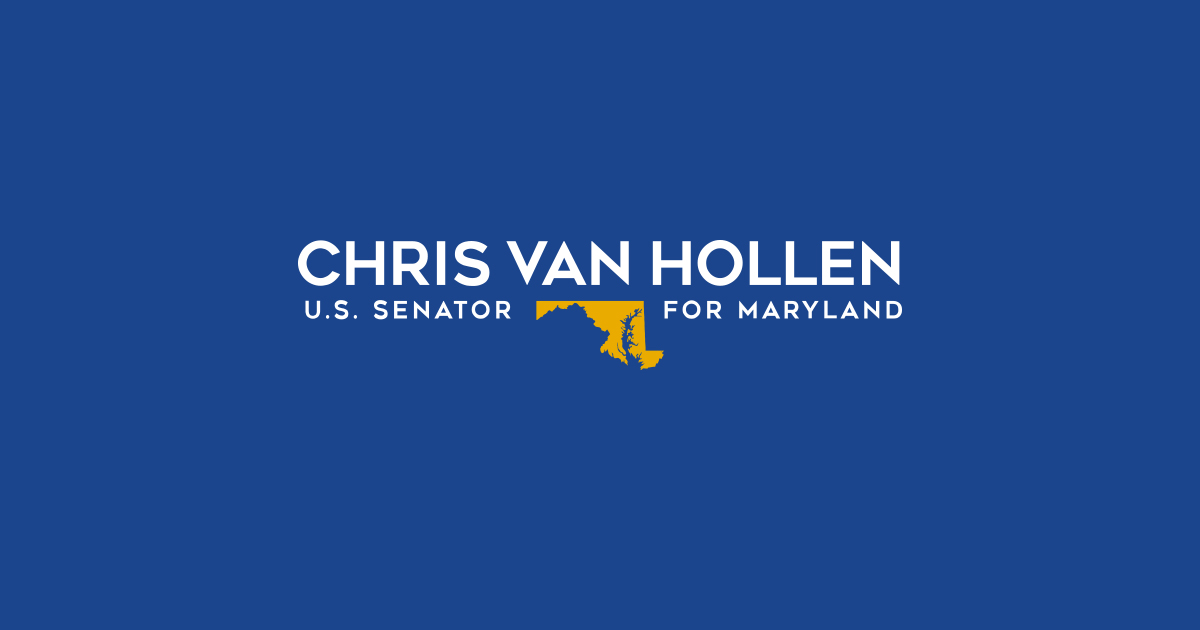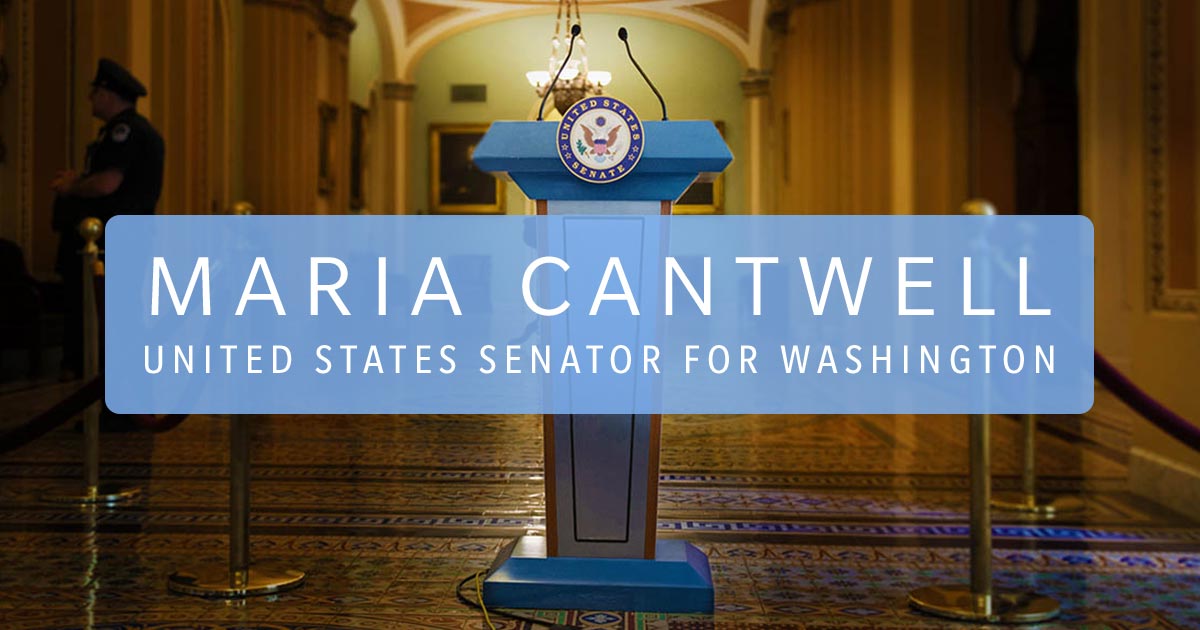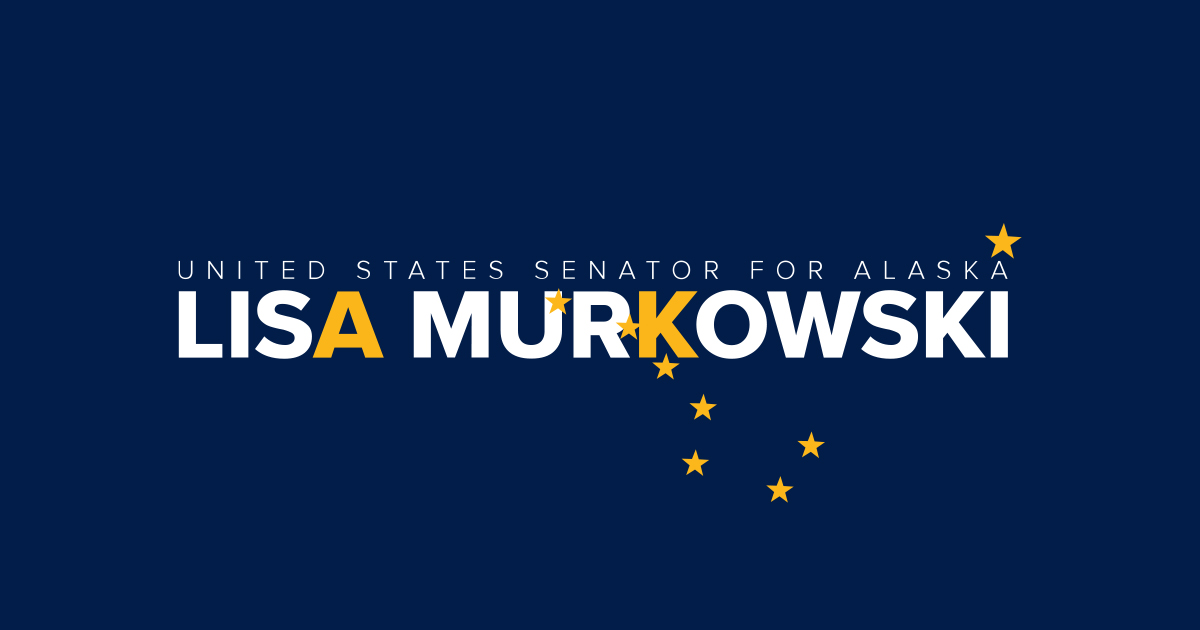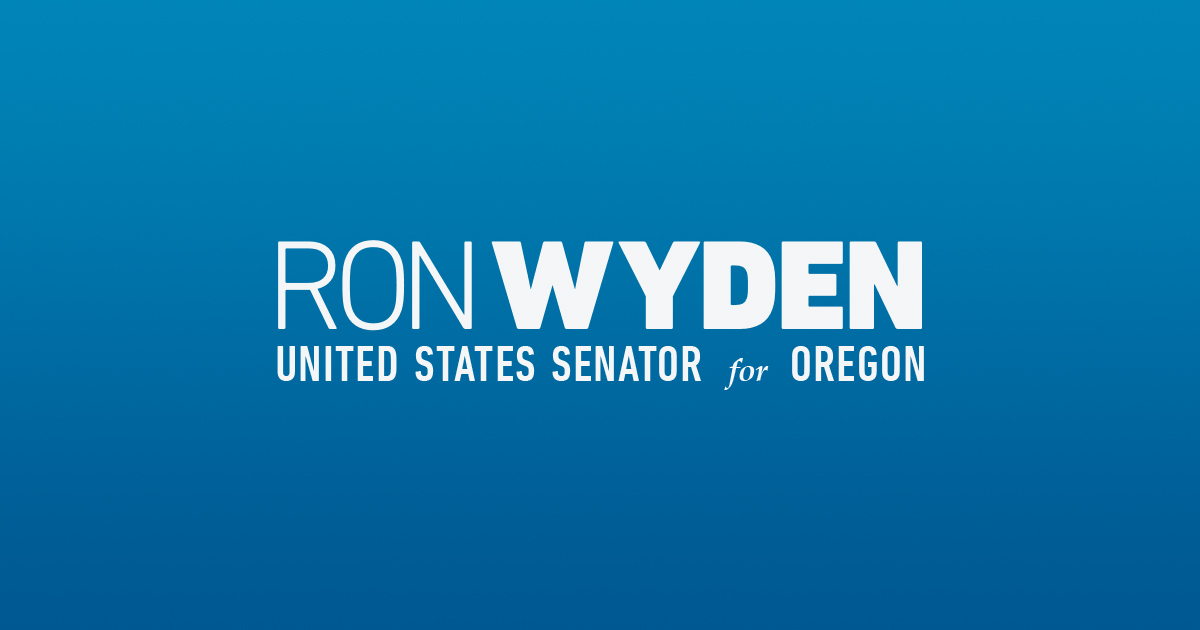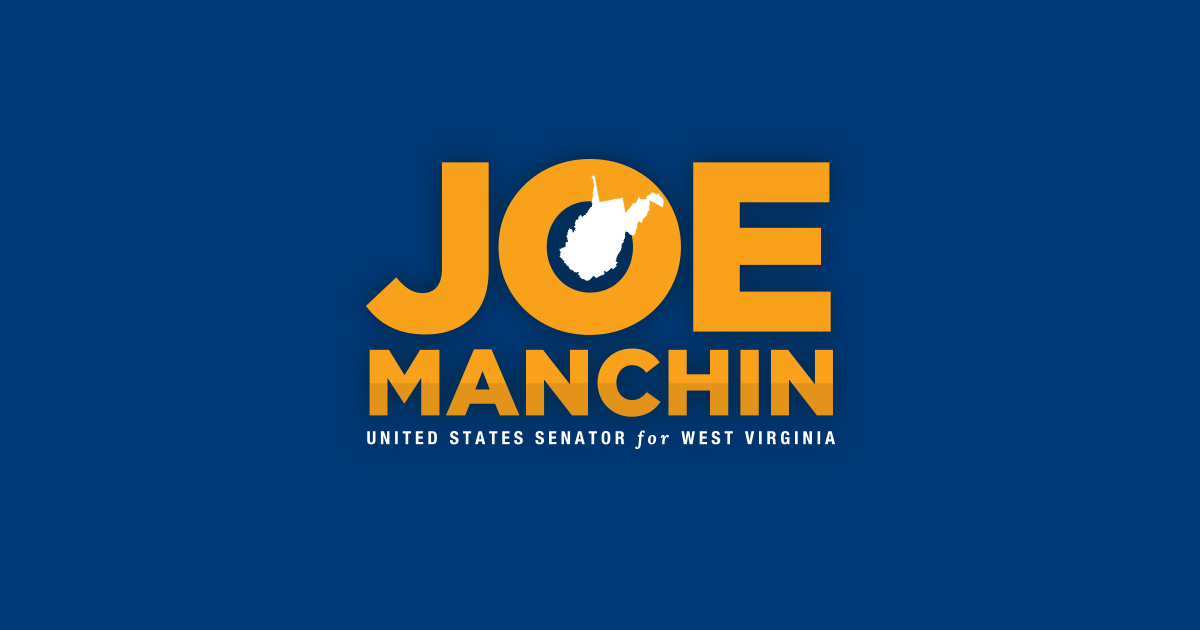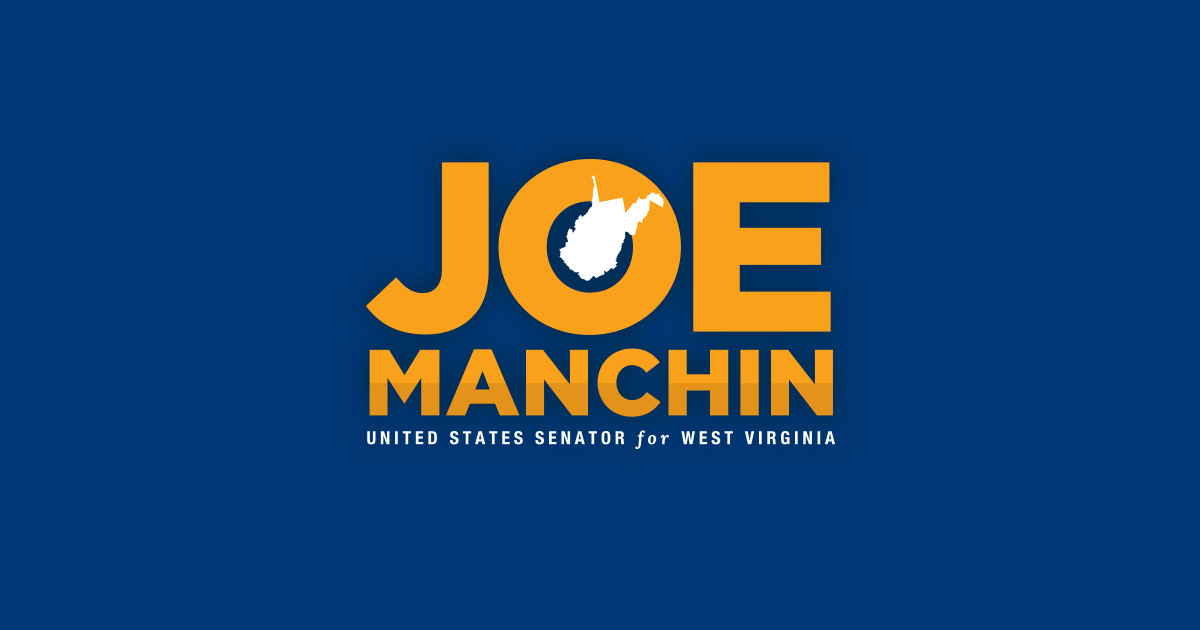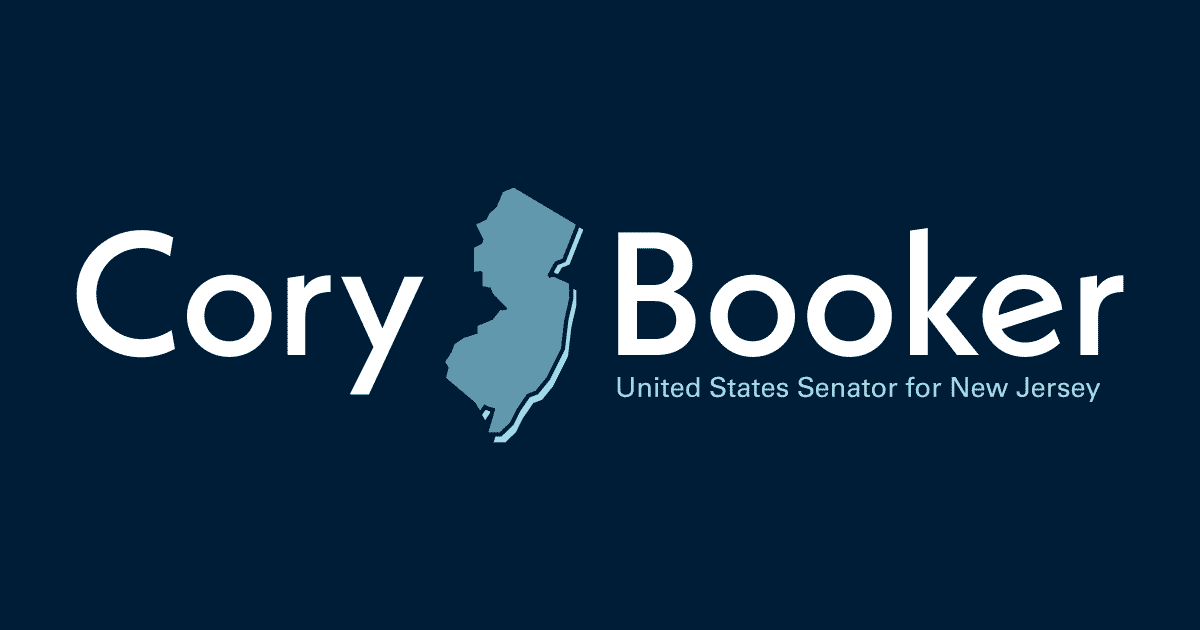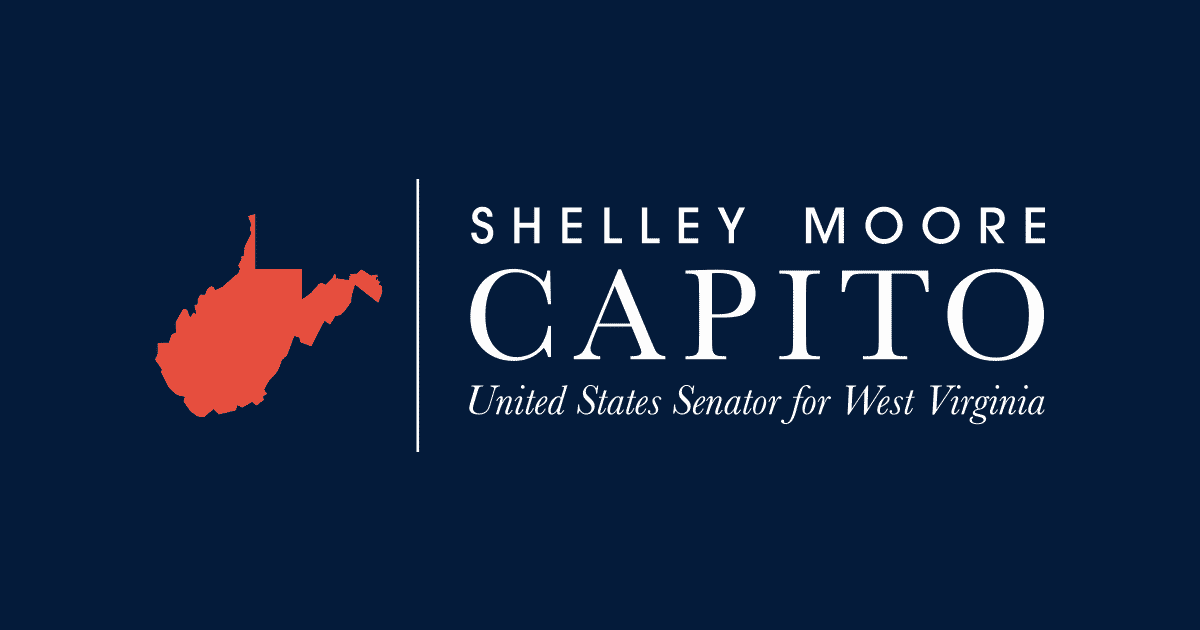Source: United States Senator for Washington Maria Cantwell
06.06.23
Cantwell Leads Legislation to Permanently Preserve Pristine National Forest Lands
Bill would codify Roadless Rule, which protects almost 60 million acres of America’s last remaining wild forestlands, including 2 million acres in the State of Washington
WASHINGTON, D.C. – Today U.S. Senator Maria Cantwell (D-WA), a senior member of the Senate Energy and Natural Resources Committee, joined U.S. Representative Ruben Gallego (D, AZ-03) and many other members of Congress from both chambers in announcing a renewed push to enshrine the U.S. Forest Service’s Roadless Rule protections into law.
The Roadless Area Conservation Act of 2023 would permanently protect 58.5 million acres of national forest from logging and development—more than 31 percent of America’s National Forest System—including the South Quinault Ridge in Northwest Washington, the Dark Divide in Southwest Washington, the Kettle Range in Northeast Washington, and much of the Methow Valley Headwaters in Central Washington.
“Mounting climate impacts have increased the need to protect America’s last remaining wild forestlands, which reduce wildland fire risk and store huge amounts of carbon,” Sen. Cantwell said. “Roadless areas provide Washingtonians with unmatched outdoor recreation opportunities, clean drinking water for our communities, and habitat for numerous endangered species. We need to redouble our efforts to permanently preserve the benefits these public lands provide our nation and future generations.”
For two decades, the Roadless Rule, which has shielded some of the most pristine and treasured areas within the National Forest System from roadbuilding and logging, has been attacked in the courts and weakened by some Administrations. The Roadless Area Conservation Act would codify the 2001 Roadless Rule, which was developed by the U.S. Forest Service (USFS) during the Clinton Administration and finalized after several years of deliberation and 600 public meetings in local communities nationwide, including 28 hearings in Washington state. More than 2.5 million Americans submitted comments on the Roadless Forest Protection Rule, and more than 80,000 comments came from citizens in Washington state. The overwhelming majority of comments submitted—more than 95%—were in support of protecting roadless areas. A March 2019 poll by the Pew Charitable Trusts found that three out of four respondents said they supported keeping roadless forest protections, while only 16% oppose it. That level of support changed little between respondents living in rural or non-rural areas and across party affiliation and political views.
Over the past two decades, the Roadless Rule has prevailed over numerous court challenges and administrative and legislative attacks. The Trump administration weakened the rule, and in October 2020 the administration removed roadless protections for over 9 million acres of pristine forest lands in the Tongass National Forest, threatening old-growth forest and southeast Alaska’s robust tourism and fishing economies. Under the Biden administration, the protections in the Tongass have been restored.
By codifying the rule into law—including in the Tongass—the Roadless Area Conservation Act would uphold recreational access to public lands, preserve the habitats of 1,600 at-risk species, reduce the risk of wildfires, aid in the fight against climate change by preserving vast carbon sinks, and safeguard watersheds that provide clean drinking water for more than 60 million Americans in 39 states and more than 350 communities across the United States. The legislation would maintain the flexibility engrained in the Roadless Rule which allows for continued forest management and the construction of roads as needed to address fires, floods, or other catastrophic events, and other circumstances like the need to build new road connections between remote communities.
“Preserving our national forests provides numerous benefits, from combating climate change to supporting the tourism economy, reducing wildfire risk, and protecting clean water,” said Rep. Gallego. “By making the Roadless Rule permanent through my legislation, we can ensure future generations can continue to reap these benefits.”
The Roadless Area Conservation Act of 2023 would:
- Protect, in perpetuity, 58.5 million acres of roadless national forest in 39 states;
- Ensure the more than 240 million people living within 100 miles of a national forest or national grassland retain access to opportunities for outdoor recreation, including hiking, camping, hunting, fishing, mountain biking, and backcountry skiing;
- Safeguard watersheds in national forests and roadless areas that provide clean drinking water for over 60 million Americans;
- Save taxpayers millions of dollars by limiting costly new road building, allow the Forest Service to focus on maintaining its existing 371,581-mile network of National Forest System roads, and reduce its multi-billion dollar backlog of deferred maintenance on its existing road system;
- Maintain exemptions for hydropower development, public safety, and firefighting needs;
- Uphold the 9th and 10th U.S. Circuit Courts of Appeals decisions, as well as a decision by the U.S. District Court for the District of Columbia, in support of the Roadless Rule.
Senate cosponsors of the Roadless Area Conservation Act include Senators Richard Blumenthal (D-CT), Cory Booker (D-NJ), Dick Durbin (D-IL), Dianne Feinstein (D-CA), Martin Heinrich (D-NM), Mazie Hirono (D-HI), Ed Markey (D-MA), Bob Menendez (D-NJ), Jeff Merkley (D-OR), Patty Murray (D-WA), Alex Padilla (D-CA), Jack Reed (D-RI), Bernie Sanders (D-VT), Elizabeth Warren (D-MA), Peter Welch (D-VT), Sheldon Whitehouse (D-RI), and Ron Wyden (D-OR). The measure is also supported by a wide range of stakeholders including Alaska Natives, commercial fishermen, conservationists, small businesses, and climate advocates.
The measure is also supported by the Alaska Wilderness League, Defenders of Wildlife, Earthjustice, Natural Resources Defense Council, Sierra Club, Southeast Alaska Conservation Council, and The Wilderness Society.
“Our climate needs the certainty that temperate rainforests like the Tongass will remain intact, regardless of who sits in the White House in the coming decades,” said Alex Cohen, federal affairs director at Alaska Wilderness League Action. “The Roadless Rule in Alaska has been restored by this administration, and now it’s time to make the Roadless Rule the law of the land. We thank Representative Gallego for introducing this important legislation.”
“The Roadless Area Conservation Act would protect nearly 60 million acres of roadless national forest from harmful human development, and we are excited for its reintroduction in Congress,” said Mary Olive, Sr. Government Relations Representative at The Wilderness Society. “Roadless areas in our National Forests are critical for threatened wildlife species—57% of species of conservation concern have suitable habitat within an Inventoried Roadless Area. Additionally, these areas are vital for carbon storage, public health benefits, water quality, and recreation opportunities. It is imperative that we keep roadless forests intact if we want to avoid the worst effects of the climate crisis, and we urge Congress to finally pass this legislation.”
“Our national forests are our best natural solutions for tackling the climate crisis and preserving biodiverse ecosystems,” said Earthjustice Senior Legislative Representative Blaine Miller-McFeeley. “Protecting them from reckless and unnecessary road construction and logging would conserve these incredible habitats and safeguard Indigenous communities that call our national forests home while allowing roadless forests to continue playing a critical role in fighting climate change. It’s time for Congress to pass this legislation and permanently protect some of our most wild and important forests from industry interests that threaten wildlife, outdoor recreation, water resources, and the traditional customs of Indigenous peoples.”
“Thank you to House and Senate leaders for their unwavering commitment to protecting our nation’s forests, including millions of acres here in Alaska,” said Nicole Whittington-Evans, Defenders of Wildlife’s Alaska Program Director. “Protecting America’s forests conserves critical habitat for imperiled species, helps keep our water and air clean, and mitigates climate change.”
“The Roadless Rule is the most significant forest conservation measure of the last two decades — period,” said Alex Craven, Acting Forest Campaign Manager at Sierra Club. “That significance has also made it a constant target by logging and development interests. Codifying this crucial rule would ensure it can continue to protect nearly 60 million acres of national forests for generations to come.”
“If you care about clean drinking water, controlling climate change, preserving wildlife, or just enjoying natural beauty, you care a lot about national forest wildlands. This bill would secure 60 million acres of those public resources forever, ending years of political football and needless uncertainty over their fate,” said Niel Lawrence, senior attorney for the Nature program at NRDC.
“Gunalchéesh, thank you, to Representative Gallego, Senator Cantwell, and bill co-sponsors for reintroducing the Roadless Area Conservation Act (RACA) today. In working to ensure the Roadless Rule remains in place on the Tongass, this legislation moves our country a significant step forward in permanently safeguarding the lands of the Tongass National Forest, the traditional homelands of the Tlingit, Haida and Tsimshian peoples,” said Maranda Hamme, Tongass Forest Program Manager, Southeast Alaska Conservation Council.
Senator Cantwell has been the lead Senate champion of the Roadless Rule since it was overturned by the Bush Administration in 2001. Cantwell has repeatedly introduced legislation to codify the Roadless Rule into law, including as early as 2001. Cantwell was also a vociferous and persistent critic of the Trump administration’s elimination of roadless protections for the Tongass National Forest in Alaska.
